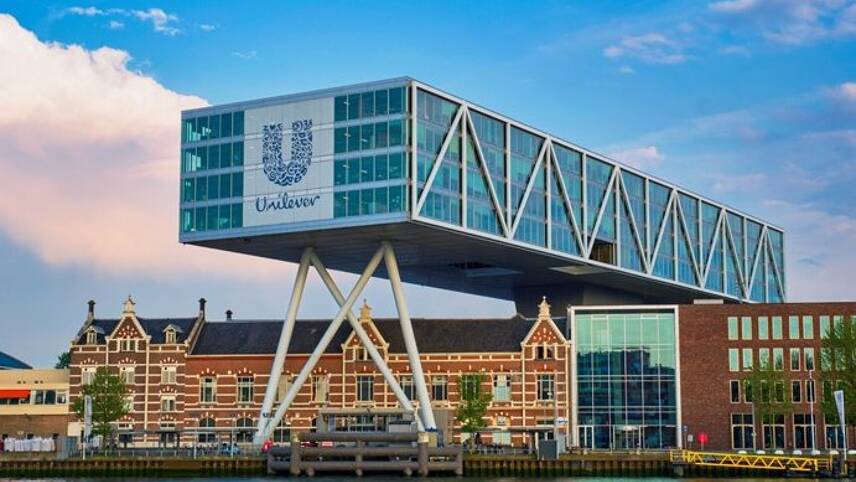Register for free and continue reading
Join our growing army of changemakers and get unlimited access to our premium content

The emissions footprint of Unilever's laundry and cleaning products will be cut by 20% as a result of the changes.
At present, most cleaning and laundry products made by large businesses, including Unilever, contain chemicals made from fossil fuel stocks. After calculating that these chemicals account for 46% of the life-cycle carbon footprint of these products, Unilever has pledged to transition to more sustainable sources of carbon, in line with its 2039 net-zero commitment.
Instead of virgin fossil-based carbon, Unilever will source carbon from carbon capture and storage (CCS) facilities and from waste material recovery centres, known as purple and grey carbon respectively.
It will also turn to blue carbon from marine plants and green carbon from terrestrial habitats. In order to ensure that these sources of carbon do not have unintended negative consequences on biodiversity, soil health and other land-use pressures, Unilever will work with WWF. It will also follow the same environmental impact assessments and sustainable sourcing requirements used across its broader materials portfolio.
By transitioning away from fossil-based carbon, the carbon footprint of Unilever’s laundry and cleaning product portfolio will be cut by one-fifth, the company estimates. The first formula to be altered in line with the new commitment is Persil’s liquid detergent. The new formulation, made using plant-based carbon, will be rolled out to UK supermarkets this month.
“We must stop pumping carbon from under the ground when there is ample carbon on and above the ground – if we can learn to utilise it at scale,” Unilever’s president of home care Peter ter Kulve said.
“A new bio-economy is rising from the ashes of fossil fuels. We’ve heard time and time again that people want more affordable sustainable products that are just as good as conventional ones. Rapid developments in science and technology are allowing us to do this, with the promise of exciting new benefits for the people who use our products, from ultra-mild cleaning ingredients to self-cleaning clothes and surfaces.”
To encourage other consumer goods firms to follow suit and diversify their sources of carbon, Unilever is open-sourcing the framework it is using to categorise and procure fossil-free alternatives, known as the Carbon Rainbow model.
Climate and Nature Fund
Funding for the process of transitioning away from fossil-fuel-based carbon will be allocated from Unilever’s €1bn Climate and Nature fund, unveiled earlier this summer.
The fund has been created to finance activities that will ensure Unilever meets its 2039 net-zero target. The business will account for upstream Scope 3 (indirect) emissions, Scope 2 (power-related) and Scope 1 (direct) emissions when calculating progress towards the goal. Downstream Scope 3 emissions, generated after the point of purchase, will not be counted.
Aside from switching to bio-based and biodegradable ingredients, Unilever is investing in recycled plastic and plastic-free packaging; regenerative agriculture; water stewardship and eliminating deforestation.
Sarah George


Please login or Register to leave a comment.